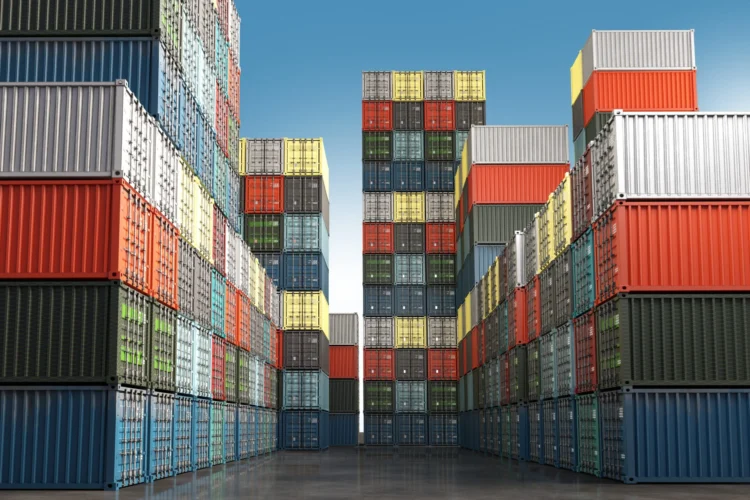Publisher: Maaal International Media Company
License: 465734
UNCTAD: The “Ocean Economy” accounted for 7% of global trade in 2023, at $2.2 trillion
The United Nations Conference on Trade and Development (UNCTAD) revealed that sectors known as the “ocean economy,” such as shipping, tourism, fisheries, and marine energy, accounted for 7% of global trade in 2023, with a total value exceeding $2.2 trillion.
UNCTAD stated in a report today that examined the so-called ocean economy, its role in the global economy, and the pressures it is currently facing. The ocean economy underpins global prosperity, from food and energy to transportation and innovation. However, climate pressures, policy fragmentation, and changing trade dynamics threaten future gains. The report, released days before the UN Global Ocean Conference in Nice, France, from June 9 to 13, co-organized by France and Costa Rica, calls for urgent action, including stronger regulations, smarter infrastructure, and flexible cooperation to preserve ocean-based prosperity. It notes that the ocean economy is not limited to a specific group, as it feeds supply chains, supports jobs and food systems, and drives innovation worldwide. The report emphasizes that, in light of rising tariffs and climate change, maintaining the sustainable flow of maritime trade is critical to global development. Regarding the challenges facing the ocean economy, the report states that environmental pressures are increasing, including continued sea-level rise, plastic pollution, and biodiversity loss, which impact port infrastructure, maritime transport, and coastal communities, especially in fragile economies. It emphasizes that new tariffs threaten to disrupt maritime supply chains and divert investment from sustainable ocean sectors. The organization emphasized that policy reform must lead to change and urged action to modernize maritime infrastructure, end subsidies that harm ocean ecosystems, close legal loopholes in open waters, and enable fairer trade among developing countries.
It revealed that the ocean economy grew 2.5 times between 1995 and 2020, outpacing the global economy’s growth of 1.9 times, a growth to which developing economies contributed significantly.
اقرأ المزيد
It explained that estimates indicate that up to 600 million livelihoods and 100 million jobs depend on the ocean economy, particularly in fisheries, aquaculture, and tourism, with the vast majority located in developing countries.
The report noted that total trade in maritime goods and services reached $2.2 trillion in 2023, including $900 billion in goods and $1.3 trillion in services. International coastal and maritime tourism alone generated $725 billion in the same year, representing one-third of total ocean trade. The report stated that other leading sectors include maritime freight transport, ships, port equipment, high-tech goods, and other manufactured goods such as renewable energy machinery, sports equipment, pharmaceuticals, and electronics. It noted that Asia exported approximately $912 billion and Europe $868 billion in ocean-related products and services in the same year, together accounting for more than 80% of global ocean exports. The IMO report forecasts that trade in maritime goods and services will remain stable through 2025, despite continued uncertainty related to trade tensions and maritime disturbances.









